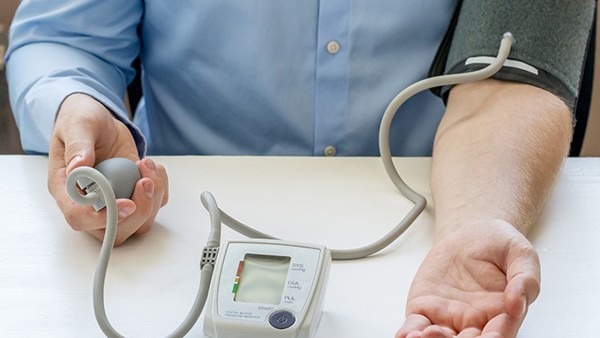The Significance of Dengue Fever IgG Antibody Testing

Introduction
Dengue fever is a mosquito-borne viral infection that can cause a wide range of symptoms, from mild fever and muscle aches to severe bleeding and organ failure. The virus is spread by the bite of an infected Aedes mosquito, which is found in tropical and subtropical regions around the world.
Dengue fever is a major public health concern, with an estimated 390 million infections occurring each year. The majority of cases are mild, but severe dengue can lead to hospitalization and even death.
Diagnosis of Dengue Fever
The diagnosis of dengue fever is based on the patient's symptoms and clinical examination. Laboratory tests can be used to confirm the diagnosis and to distinguish dengue fever from other similar infections, such as malaria and chikungunya.
Dengue Fever IgG Antibody Testing
One of the most important laboratory tests for dengue fever is the dengue fever IgG antibody test. This test measures the levels of IgG antibodies in the blood. IgG antibodies are produced by the body's immune system in response to infection with dengue virus.
Significance of Dengue Fever IgG Antibody Testing
Dengue fever IgG antibody testing is significant for several reasons. First, it can be used to confirm the diagnosis of dengue fever. A positive IgG antibody test indicates that the patient has been infected with dengue virus in the past.
Second, dengue fever IgG antibody testing can be used to determine the stage of dengue infection. Early in the course of infection, the levels of IgG antibodies are low. As the infection progresses, the levels of IgG antibodies increase.
Third, dengue fever IgG antibody testing can be used to identify people who are at risk for developing severe dengue. People who have high levels of IgG antibodies are more likely to develop severe dengue if they are infected with dengue virus again.
Uses of Dengue Fever IgG Antibody Testing
Dengue fever IgG antibody testing is used for a variety of purposes, including:
Diagnosis of dengue fever
Determination of the stage of dengue infection
Identification of people who are at risk for developing severe dengue
Monitoring the response to treatment
Epidemiological studies
Interpretation of Dengue Fever IgG Antibody Test Results
The interpretation of dengue fever IgG antibody test results depends on the timing of the test and the patient's clinical presentation.
A positive IgG antibody test in a patient with acute dengue fever symptoms indicates that the patient is currently infected with dengue virus.
A positive IgG antibody test in a patient with no symptoms of dengue fever may indicate that the patient has been infected with dengue virus in the past.
A negative IgG antibody test in a patient with acute dengue fever symptoms may indicate that the patient is in the early stages of infection or that the test was performed too early to detect antibodies.
Limitations of Dengue Fever IgG Antibody Testing
Dengue fever IgG antibody testing is a valuable tool for the diagnosis and management of dengue fever. However, it is important to be aware of the limitations of the test.
The test is not always able to distinguish between past and current infection.
The test may not be able to detect antibodies in the early stages of infection.
The test may be falsely negative in patients who are immunosuppressed.
Conclusion
Dengue fever IgG antibody testing is a significant laboratory test for the diagnosis and management of dengue fever. The test can be used to confirm the diagnosis, determine the stage of infection, identify people who are at risk for developing severe dengue, and monitor the response to treatment.
The above is all the content that the editor wants to share with you. I sincerely hope that these contents can bring some help to your life and health, and I also wish that your life will be happier and happier.
Tags: #of #dengue #the- • The correct diagram of the pregnancy test stick, one deep and one shallow
- • Detailed explanation of pregnancy checkup schedule
- • Self-assessment of kidney yin deficiency, kidney yang deficiency, and how to tre
- • Life expectancy of nasal type nkt advanced lymphoma
- • Be careful of staying up late to induce uterine fibroids
















